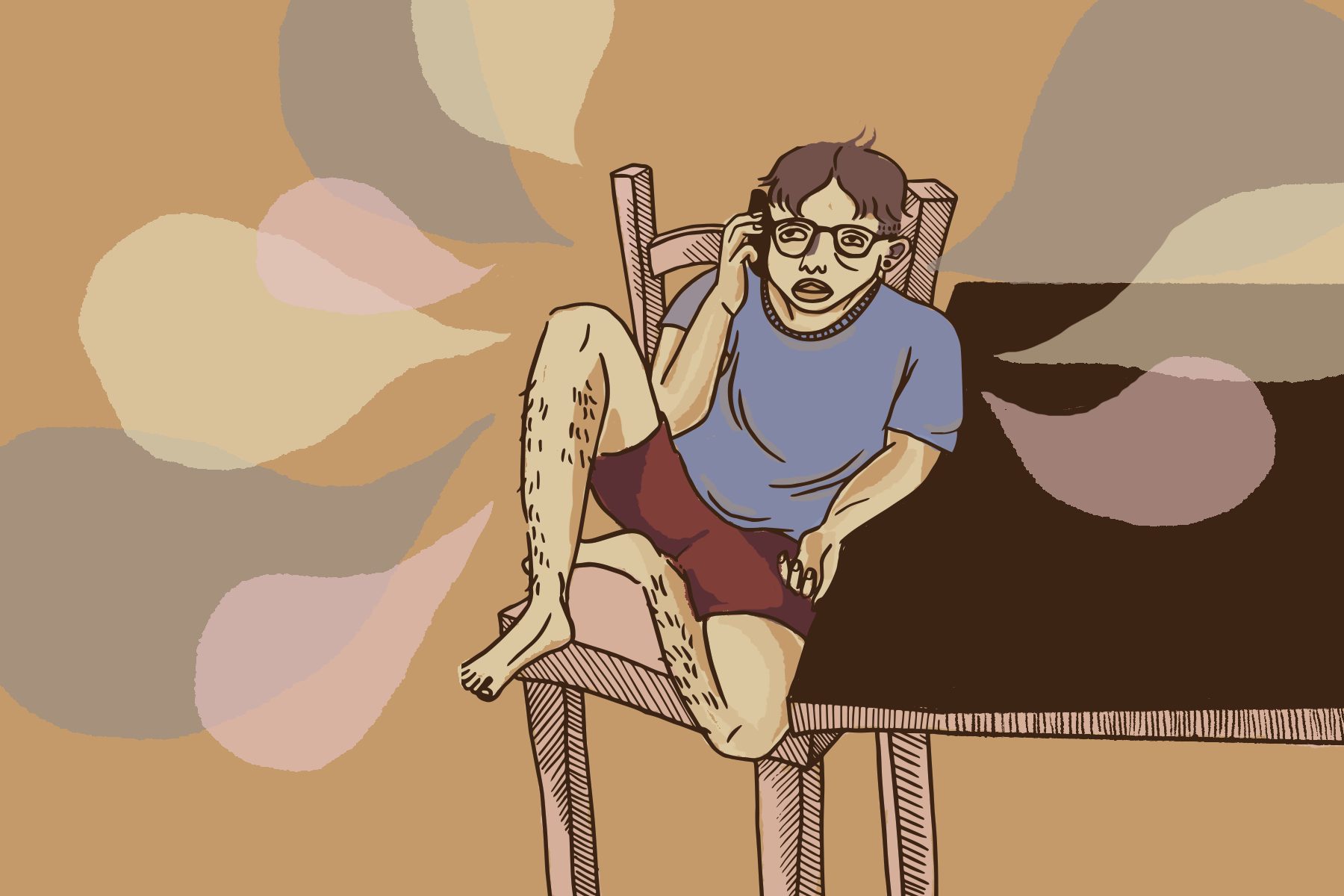As the coronavirus pandemic has forced people all over the globe into their homes for the past few months, many practices have had to adapt to social distancing — one of those being mental health services. Telehealth and teletherapy, the terms coined for health care provided over phone, video conference or other platforms like online chats, are now provided by 76% of clinicians surveyed by the American Psychological Association in a study conducted this April.
While 55% of the survey respondents reported a recent decrease in the number of patients — most likely due to losing a job or insurance, or new duties in the home such as childcare — 15% of clinics have begun seeing new patients. The Centers for Disease Control and Prevention (CDC) has noted how the pandemic itself, not to mention its effects on daily social life, can impact mental health and recommends multiple resources, including treatment through therapy.
While teletherapy is a necessary advancement in the mental health field due to COVID-19, it offers many benefits to patients that may allow this form of care to thrive beyond the pandemic.
Although teletherapy has gained momentum due to Safe At Home actions, it’s important to note that it has many health and safety benefits regardless of external circumstances. If patients meet with their therapist online or over the phone, the chance of appointments being missed or cancelled due to inclement weather or illness may be much smaller.
Patients may also feel more secure in the privacy of their home, where they won’t risk seeing anyone they know around their therapist’s office. The stigma around mental health can be very detrimental for those who need care, sometimes even preventing them from seeking out help, but teletherapy allows for more privacy and patient comfort.
By being able to receive mental health care and services from the comfort of their home, patients may be able to start therapy without some of the stress that comes with traveling somewhere and sitting across from a stranger. Teletherapy also saves patients time by removing the need to travel to and from appointments, while also making it easier for them to join their therapist on time.
For those who have very busy schedules, teletherapy makes it possible to receive treatment without giving up other commitments in order to commute to a therapist’s office. The flexibility of teletherapy also means that patients can join sessions from anywhere in the world as long as they have an internet connection. This benefits those who travel frequently, don’t live close to a therapist’s office, have a disability that makes travel difficult or are a student away from home.
Students at out-of-state schools may not be covered by their family insurance at school, making it difficult to access mental health resources. But with teletherapy, students can continue to receive treatment from a local therapist even if their school is located hours away from the therapist’s office.
Teletherapy is accessible to many who want to receive mental health care but are typically unable to for many reasons; its cost continues to be a major barrier, according to an APA survey.
Some forms of teletherapy — specifically mobile apps — have attempted to address the cost barrier, but struggle with quality of care because of it. Apps like BetterHelp and TalkSpace — which has reported a 25% increase in volume during the pandemic — attempt to provide counseling in an even more accessible and affordable way than teletherapy, but are not always guaranteed to be secure, and can often feel impersonal.
Due to COVID-19, emergency legislation was passed by the United States Congress on March 6 to allow telehealth benefits to be covered by Medicare so that beneficiaries of the program can still have access to services from their homes. Although this is a step in the right direction, the cost of mental health care is still one of the main barriers that stops those in need from having access to a therapist, especially as the unemployment rate skyrockets in the United States and several million lose their insurance.
Along with the cost of therapy in general, there are concerns about the security of teletherapy. It’s important to find a mode of communication that is compliant with the Health Insurance Portability and Accountability Act (HIPAA) guidelines on security and privacy so that patient information is protected.
Even though the barriers for teletherapy on communication platforms have been lowered since April by the U.S. Department of Health and Human Services, patients and therapists should still protect themselves and their information when working online, and seek out as much security as possible.
While teletherapy has many benefits for patients, there are people out there who may need the safety of a space outside their home to speak about their mental health. Conducting a session at home might not be safe or possible for many who live with an abuser or have home issues. Teletherapy isn’t a perfect solution to every person’s problems, but still, it has the potential to help increase access to mental health counselors or therapists for many.
Therapy isn’t a one size fits all approach in any respects; every person needs something different to help them, including the way they meet with their counselor or therapist. Conducting sessions over the phone, on a video conference, through a chat platform or on an app can be extremely beneficial both during a global pandemic like COVID-19, and in the daily life of someone with a busy schedule.
There’s nothing more important than finding what works for you, and for those who struggle with therapy in offices, teletherapy seems to be here to stay. Being able to open a laptop to work on your mental health is one of the first steps to making therapy more accessible. Therapy is all about what works for an individual, and it’s entirely possible that teletherapy is the exact thing that many people have been looking for.

















